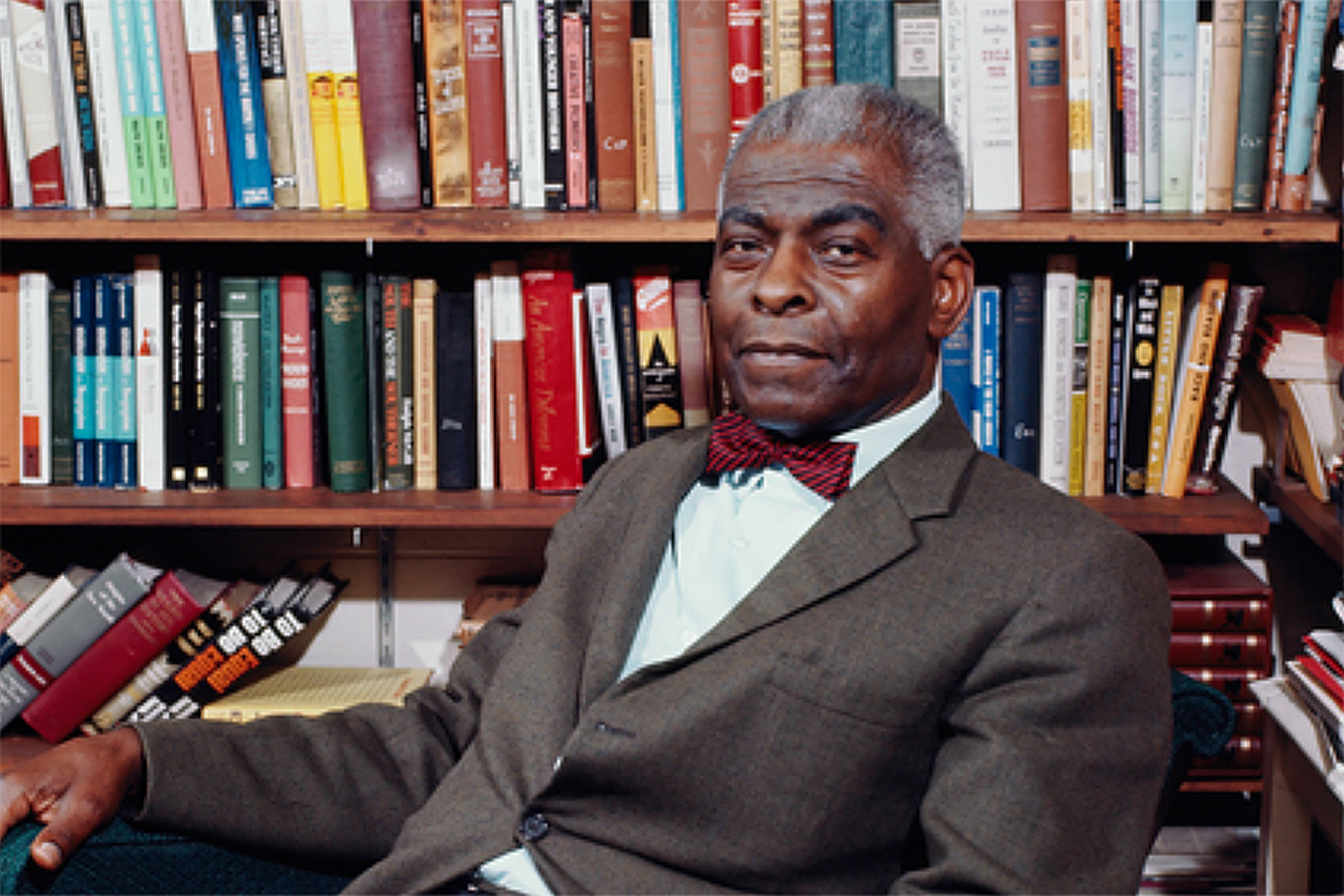Benjamin E. Mays, an educator, college president, and scholar is a perfect example of blacks who defied all odds to attain the highest education levels. Born in Epworth, Southeast of Greenwood, in 1894 to freed slaves, Benjamin was the youngest of his seven siblings. His first brush with racial prejudice was during his childhood when a white mob ambushed his family on horseback, forcing his father to bow repeatedly to them. This is a memory that remained etched in Mays’ mind, defining the rest of his life. He was determined to achieve the highest scholarly level and focus on social justice through civil resistance and non-violent methods, a decision that shapes Black History and culture today. Mays was driven throughout his youthful years by what he referred to as, an insatiable desire to get an education. Mays joined Brick House School and later Orangeburg State College where he graduated as class valedictorian. Determined to continue learning outside the South, he joined Virginia Union College and later Bates College in Lewiston. He experienced little racial prejudice at Bates College as teachers and peers often treated him as an equal. In one of his books, he referred to the experience as feeling at home in the universe. Mays then joined the University of Chicago for graduate study which he completed nearly 10 years later (1925-1935). He often interrupted his Masters studies for teaching jobs, including one at Morehouse College where he met John Hope. After a brief interaction with Hope, Mays decided to move to Atlanta to address the obvious lack of good education in the black community in the region.
Whatever you must do, do it so well that no man living, dead, or yet to be born could do it better.”
Benjamin E. Mays
Mays began by serving as a pastor at the Shiloh Baptist Church then became the dean of Howard University School. While there, he obtained a doctorate in Philosophy at the University of Chicago and became the President of Morehouse. It was during his tenure as president that Mays achieved the greatest achievements in education and civil rights. At the time, the college had incredibly low admissions and underqualified professors. Mays managed to pull it out of the murkiness by establishing a Phi Beta Kappa chapter that saw the college have more faculty holding PhDs, increasing the number to 50%. He also influenced many students’ lives, among them Martin Luther King Jr. They developed a strong bond that saw Dr. Benjamin Mays mentor King spiritually and emotionally. The good doctor supported Martin’s activism efforts and policy of non-violence, even though he often encouraged him to leave the public space. Dr. Benjamin served as a president at Morehouse College for 27 years (1940-1967) after which he retired.
A child must learn to believe that they’re somebody worthy early
Benjamin E. Mays
and that they can do many praiseworthy things.
In retirement he remained active in education and political spaces, serving on the Atlanta Board of Education for 9 years and as an advisor to Presidents Carter and Johnson. He was one of the few African Americans to serve on Atlanta’s board of Education and earned many honorary awards in African-American history. Dr. Mays received more than 65 honors and awards from state and international organizations and addressed over 250 colleges and universities in the country. He died in 1984 and was buried on the Morehouse campus grounds.
